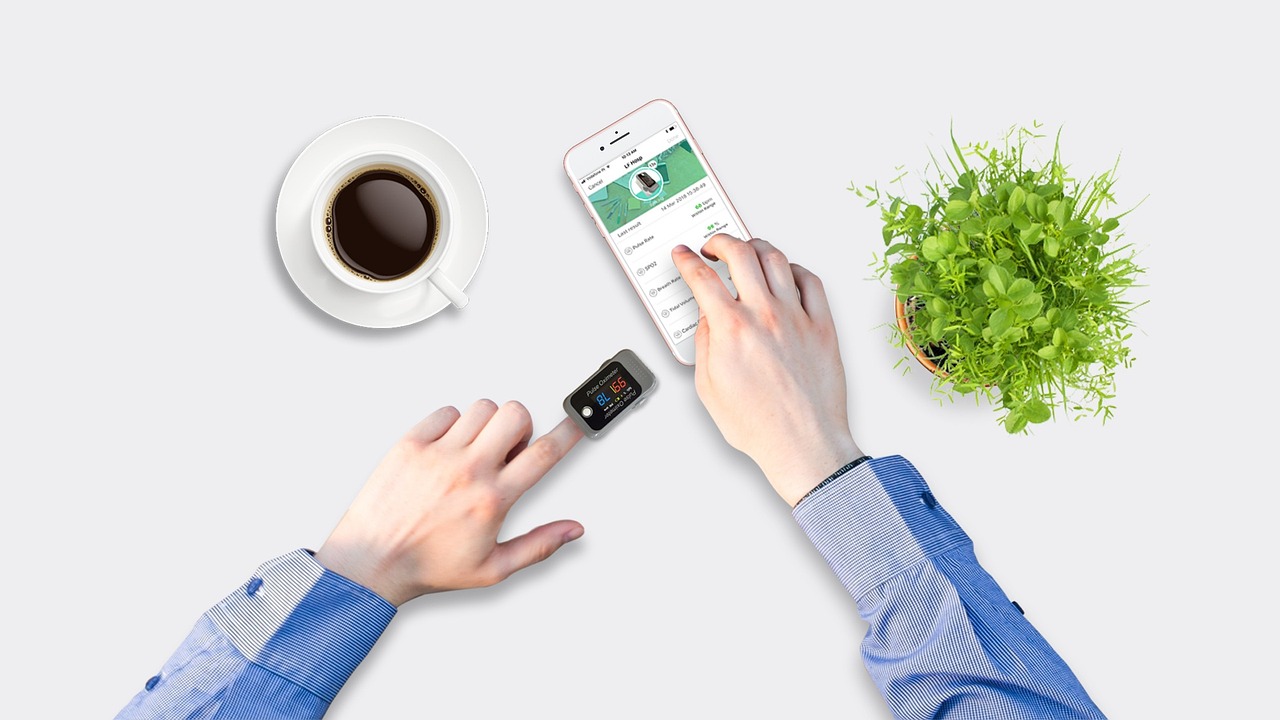Harnessing the Power of Wearable Health Technology for Patient Monitoring
Emerging technologies are revolutionizing various sectors, and healthcare is no exception. Wearable health technology is evolving rapidly, providing new dimensions in patient monitoring and care. Read below to know more about this trend.

- The Advent of Wearable Health Tech
Wearable health technology is a broad term that encapsulates various devices designed to monitor health and well-being. These devices, often worn on the body, collect vital health data and provide crucial insights into the wearer’s health status. They range from fitness trackers to glucose monitors, offering a non-invasive way to monitor health parameters continuously.
- Benefits of Wearable Health Tech
Wearable health devices offer numerous benefits. They empower individuals to take control of their health, providing real-time feedback that encourages healthy behaviors. For healthcare professionals, these devices offer a wealth of data that can facilitate early detection of health issues, personalize care, and improve treatment outcomes. Moreover, in remote areas or for patients with mobility issues, wearable devices can provide a lifeline, allowing for continuous health monitoring without regular clinic visits.
- Innovations in Wearable Health Tech
Innovation is driving the wearable tech industry forward. Devices are becoming more sophisticated, offering a wider array of health metrics. For example, newer fitness trackers not only count steps but also monitor heart rate, sleep patterns, and stress levels. Additionally, specialized devices are emerging, such as wearable ECG monitors, smart inhalers, and insulin delivery systems. These innovations are paving the way for a more proactive and personalized approach to healthcare.
- Considerations and Challenges
While wearable health tech offers exciting possibilities, it also presents some challenges. Data privacy and security are significant concerns, as wearable devices collect sensitive health information. Ensuring data accuracy is another issue. As wearable tech becomes more prevalent, regulatory bodies and healthcare organizations need to establish guidelines and standards to address these challenges.
Useful Tips and Facts: - Wearable devices should complement, not replace, traditional healthcare services. - Always ensure your wearable device is secure to protect your health data. - Remember that while wearables can provide valuable health insights, they are not a substitute for professional medical advice.
- Future of Wearable Health Tech
The future of wearable health tech is promising. As technology advances, we can expect more innovative devices capable of monitoring a wider range of health parameters. Furthermore, as wearable tech becomes more integrated with telemedicine and digital health platforms, it will play a crucial role in the future of healthcare, facilitating remote patient monitoring, personalized care, and improved patient outcomes.
In conclusion, wearable health technology is transforming healthcare, offering new ways to monitor health and well-being. As we navigate the challenges and harness the potential of this innovative tech, we move closer to a future where healthcare is more personalized, proactive, and accessible.




